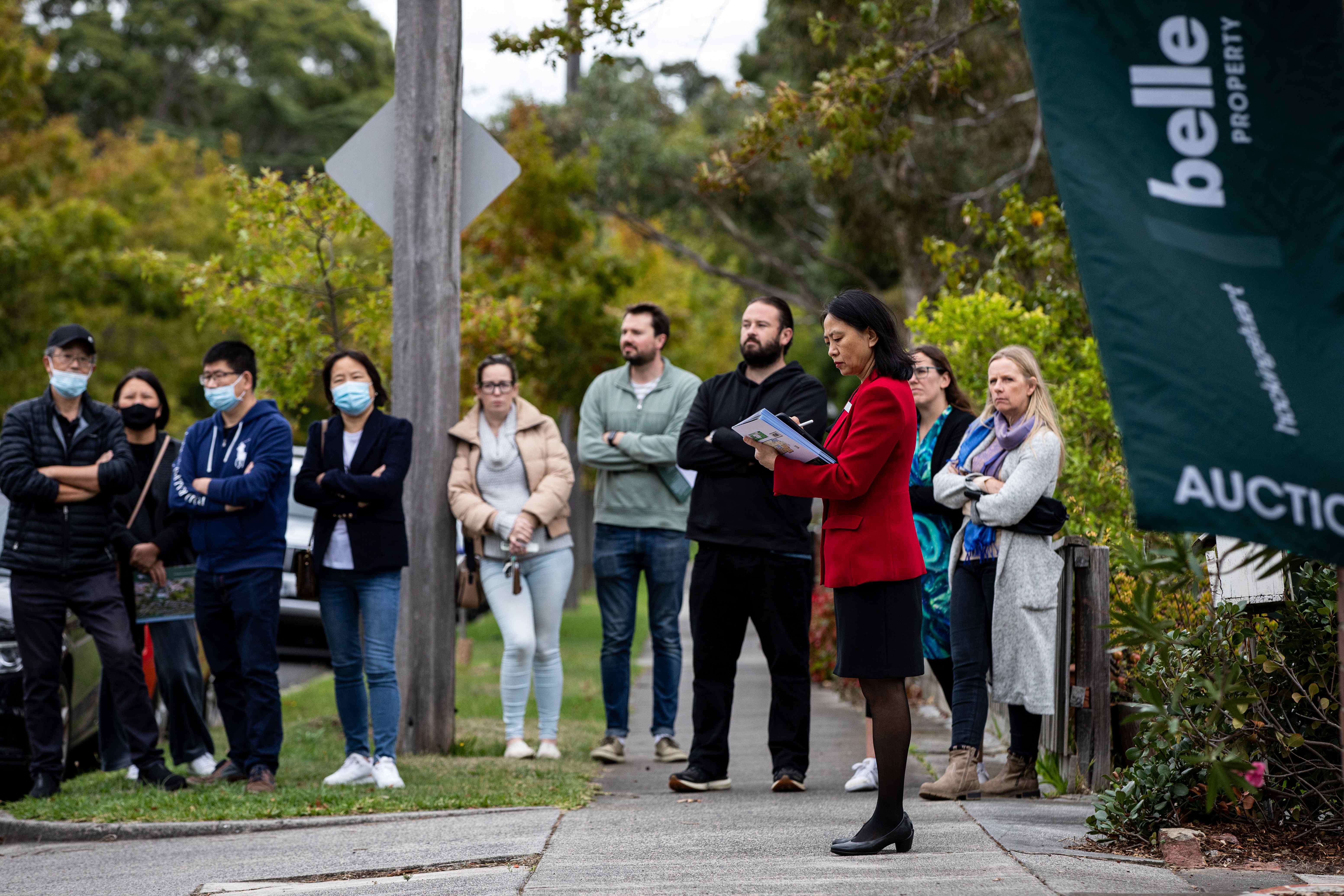To be successful in the industry as a conveyancer, you should not only be good at interpreting and applying law, but also show good interpersonal traits.
One definition of a conveyancer is ‘a person whose job is to manage the legal process of moving land or property from one owner to another’. Making the management of the legal process and the growth of business equally essential.
Here are five interpersonal traits that every successful conveyancer should have:
1. Assertiveness not aggressiveness
We often see in movies how aggressiveness good lawyers can be. This isn’t necessarily the case in the real world, with assertiveness being a more favoured trait. Assertive lawyers state their opinions and make themselves heard, while remaining respectful of others. Aggressive lawyers attack or ignore others’ opinions in favour of their own.
Aggressiveness can be detrimental to a conveyancer, especially when they act without respect for others. This can damage relationships and lead to hostile work or court environments.
2. Creativity
A big part of being a lawyer is digging through old cases and research to find answers. Having a knack for creativity will allow you to think outside the box when searching for these answers. Every client and every case are unique and will most likely need a unique solution.
A great way to create unique solutions is to apply compassionate listening, and really soak in the information being presented. This enables you to fully understand the issues and therefore come up with a creative and hopefully permanent solution.
3. The ability to research
Being creative in your search for answers is important, but nothing is more important than hard-work. Having the ability to knuckle-down and spend, if necessary, days digging through cases, precedents and relevant documents is often the difference between a successful and unsuccessful lawyer.
Being able to conduct this research effectively is the key to preparing effective legal strategies.
4. Articulate
It’s one thing to have knowledge, but another thing entirely to be able to explain or teach that knowledge to someone. A good lawyer needs to be able to explain their strategies, research and ideas to both the clients and in the courtroom.
A large part of being articulate is also having good people skills and understanding the best way to communicate information to certain people, whether it be a judge, jury or client.
4. Responsiveness
The ability to respond to clients quickly is one the easiest and most effective traits to master. Putting off a conversation or not being readily available can result in a failed case because the information the client wants to provide is crucial to the case’s integrity.
If you can prove to your client that you are readily available, you’ll create loyalty and no doubt increase the number of referrals your business receives.
For more business tips and insights, subscribe to The Conveyancer Digest newsletter, today.






